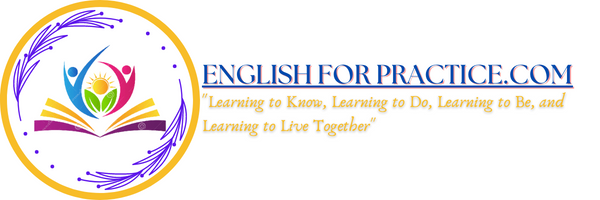 |
| Efforts to Improve School Literacy: Challenges and Opportunities |
Efforts to Improve School Literacy: Challenges and Opportunities
Literacy includes not only reading and writing skills, but also a deep understanding of various types of texts and contexts. Improving school literacy has significant challenges and opportunities in educational development. The improvement and culture of literacy in schools must be pursued by education stakeholders. Students, parents, teachers, schools, communities, local government and central government are components that participate in determining the success of educational literacy.
However, in efforts to increase literacy, schools face several challenges. Some of these challenges include: 1) limited resources, 2) student motivation level, and 3) technology and digital literacy. The following is a complete explanation.
1. Limited Resources
Many schools, especially in rural or low-income areas, may have limited facilities and adequate reading materials. Then, in some cases many schools have educators or educational staff who are outside their professional field. This of course gives rise to teachers who are not competent or trained in teaching literacy, which is triggered by a lack of training support or adequate professional organizations.
2. Student Motivation Level
As the subject and main object of literacy, students have low interest in literacy. This can be seen from the low interest in reading and writing which can hinder their literacy development. Meanwhile, the lack of interest in literacy is also influenced by the support of the surrounding environment, such as parents, friends and the community. Lack of support from parents or the surrounding environment makes students' literacy development slow.
3. Technology and Digital Literacy
Technology and digital literacy are complex challenges in this era. This is because there are demands for achievement that must be mastered by students in the learning process, namely the use of technology to facilitate the achievement of learning goals. Some students do not have technological devices, for example smartphones or laptops and schools may experience difficulties in providing access to technology and digital literacy due to budget constraints. Furthermore, some teachers may not fully understand how to integrate digital literacy into the curriculum so that a culture of literacy cannot be internalized in students.
Apart from challenges, school literacy also has several opportunities. These opportunities are indirectly able to realize the vision and mission of Indonesia's national education and form Indonesia's golden generation 2045. These opportunities include several aspects, including:
1. Development of an Integrated Literacy Program
This integrated literacy program can be manifested if the educational unit prepares a curriculum that is integrated with literacy in all subjects to increase student competence.
2. Teacher Training
Improving teacher skills is carried out by providing continuous and ongoing training to educators or education personnel to improve their literacy teaching skills. Meanwhile, to improve teacher skills, collaboration and mentoring activities need to be held between teachers both within and outside the educational unit by sharing best practices in teaching literacy.
3. Parental and Community Involvement
The involvement of parents and the community is very important because the family is the first and main place of socialization. Meanwhile, society becomes an environment where students will participate actively in accordance with the role and social status of students in the future. This involvement of parents and the community can be done by: a) Reading Together Program: Collaborating with parents and the community in a reading together program or establishing a mobile library, or b) Workshop for Parents: Organizing a workshop for parents on how to support children's literacy at home .
4. Digital Literacy
Digital Literacy covers two main aspects, namely: a) Technology Integration: Integrating technology and digital literacy into the curriculum to prepare students to face future demands, and b) Universal Access: Increasing universal access to technological devices and the internet in schools.
5. Monitoring and Evaluation
School literacy not only encourages students to participate in as many literacy activities as possible, but also the results of students' achievements and habits need to be monitored and evaluated regularly. This monitoring and evaluation activity can be carried out through: a) Monitoring System: Building a monitoring and evaluation system to continuously monitor literacy progress in schools, b) Holistic Assessment: Using a holistic assessment that covers various aspects of literacy, such as reading, writing, speaking and listening skills, or c) Student Literacy Output Target: students create written work, whether essays, scientific papers, observation reports, activity reports, oral or written documentation, and so on at the end of the semester or academic year.
Every school can create an environment that supports the development of student literacy effectively if it is able to overcome challenges and take advantage of existing opportunities according to its conditions and potential. Increasing literacy not only provides benefits for students personally, but also for the progress of Indonesia's national education; which in turn is able to bring changes to the social, cultural and economic aspects of society in this era of globalization and modernization. A high level of student literacy can be the spearhead in developing abilities and forming a dignified national character and civilization in order to make the nation's life more intelligent; as well as developing the potential of students to become human beings who believe in and are devoted to God Almighty, have noble character, are healthy, knowledgeable, capable, creative, independent, and become democratic and responsible citizens.

Post a Comment
"Terima kasih Anda telah mengunjungi blog kami. Kami berharap Anda dapat memberikan saran, kritik, ataupun dukungan yang positif dan membagun agar kami dapat melakukan perbaikan pada artikel blog kami."